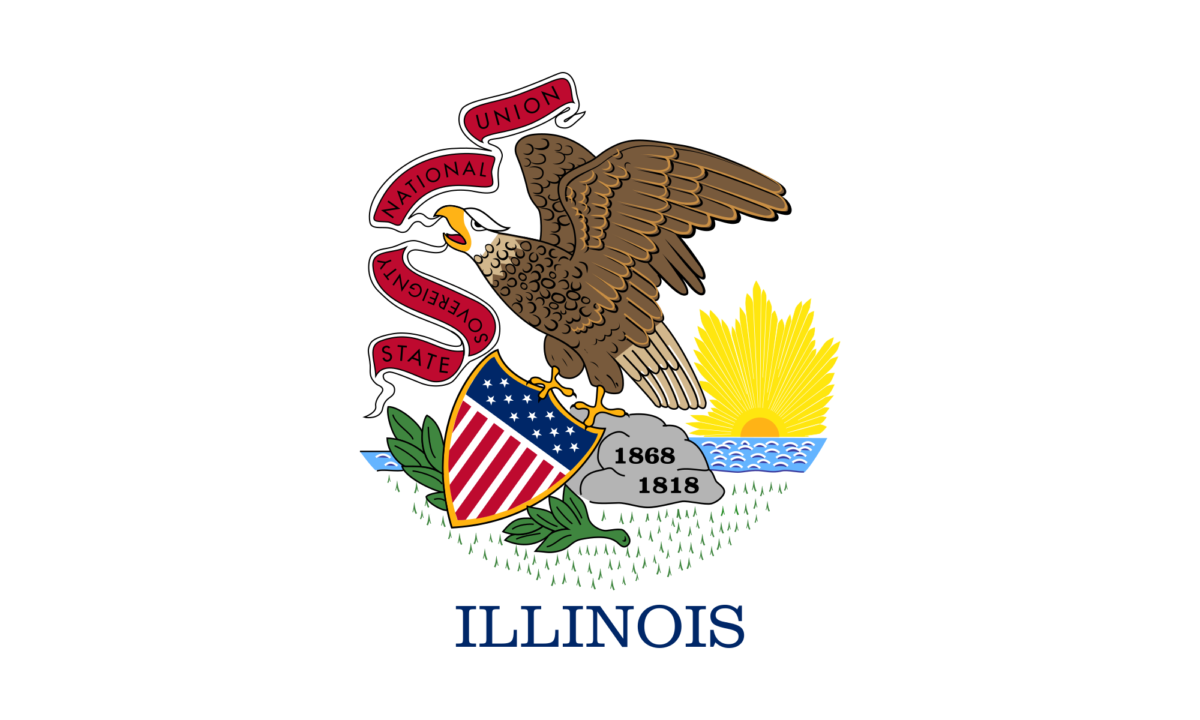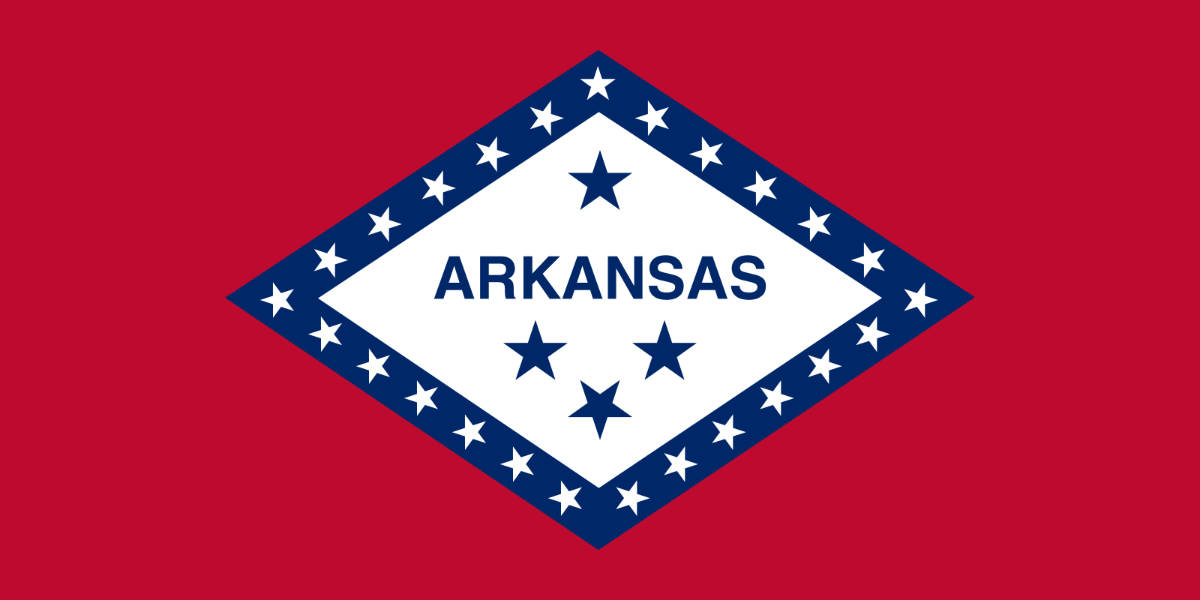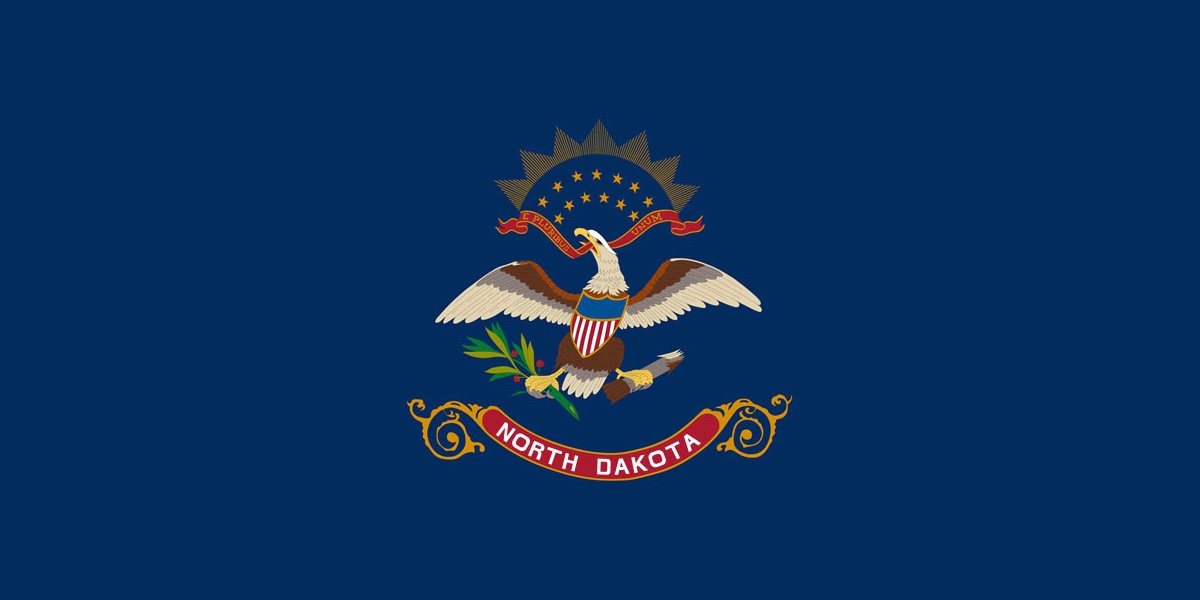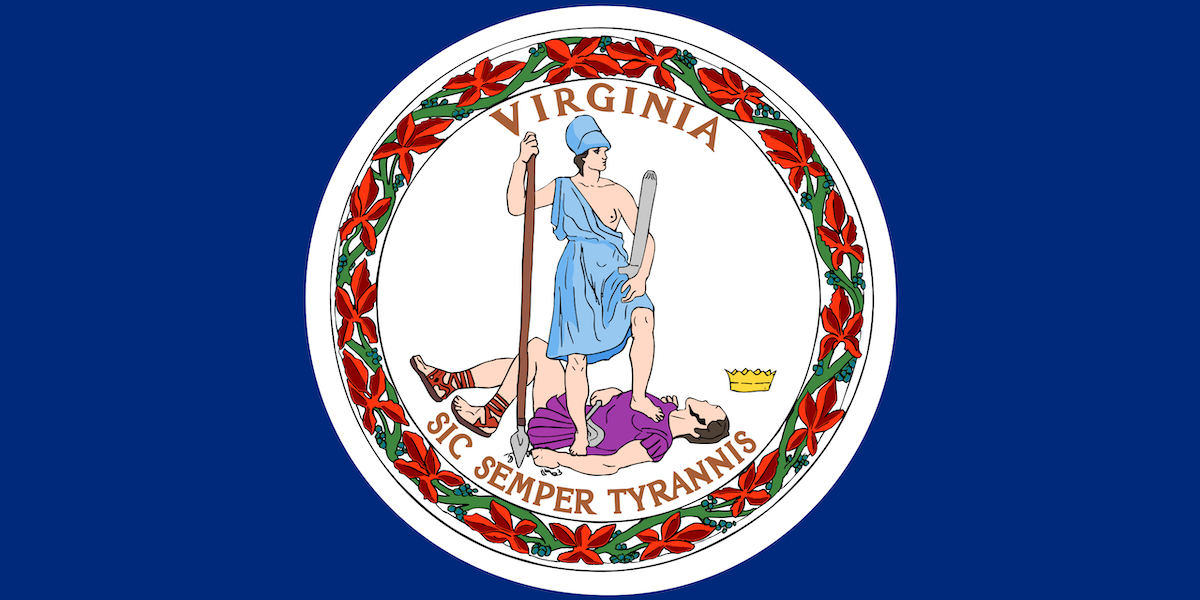Key actions and positions posted on the intersection of disability and education, jobs, immigration, climate crisis, criminal justice and more
by Philip Kahn-Pauli
Santa Fe, NM, Oct. 6 – In the run up to the 2020 election in New Mexico, the nonpartisan disability rights nonprofit RespectAbility has released its latest New Mexico State Voter Guide. According to the 2019 Annual Disability Statistics Compendium, the total number of New Mexicans with disabilities is 326,580, making up 15.8o percent of the total state population.
2018 employment data shows that there are 159,258 working-age people with disabilities living in New Mexico. In the economic expansion prior to the COVID-19 pandemic, only 53,008 of those New Mexicans had a job and the Land of Enchantment had a disability employment rate of 33.3 percent.
The nonpartisan disability group RespectAbility has asked Democratic and Republican candidates for President, Governor and the U.S. Senate the same seven key questions about issues affecting people with disabilities, including employment, education, criminal justice and accessibility. RespectAbility has sent multiple emails and placed many phone calls to the campaigns in order to solicit responses to the questionnaire. Below you can read responses from candidates on the ballot in New Mexico who have already taken the time to address the concerns of voters with disabilities.



















